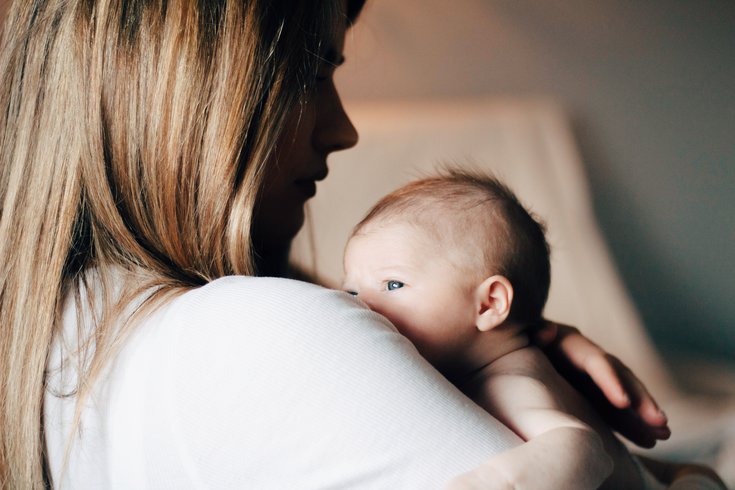
February 28, 2022
 Hollie Santos/Unsplash
Hollie Santos/Unsplash
Postpartum depression is more severe and longer lasting than the 'baby blues.' Symptoms include a depressed mood or severe mood swings, excessive crying, difficulty bonding with the baby and withdrawing from family and friends.
First-time mothers – particularly those who just gave birth to twins – have a higher risk of postpartum depression symptoms, according to a study of more than 1 million mothers worldwide.
A majority of mothers experience "baby blues" in the first two weeks after giving birth, mental health experts say. Mood swings, crying spells and sleeping difficulties are commonly reported. But postpartum depression is more severe and longer lasting.
Symptoms include a depressed mood or severe mood swings, excessive crying, difficulty bonding with the baby and withdrawing from family and friends. New mothers with postpartum depression often feel worthless or ashamed, and worry that they aren't a good mother.
While genetics make some women more prone to postpartum depression, the new study identified other important risk factors including new motherhood, having twins and maternal age.
First-time motherhood was the most common risk factor. About 10% of new mothers suffered depression symptoms within the first three months of motherhood, researchers said.
Another risk factor is age. Depression was most common among women under 25, with 10% reporting symptoms within three months of giving birth. By contrast, 8.5% of women ages 25-29 and 6-7% of older women experienced postpartum depression symptoms.
This finding contrasts with earlier research that found the youngest and oldest mothers had a heightened risk, Dr. Jennifer Payne, director of the Reproductive Psychiatry Research Program at the University of Virginia, told U.S News & World Report.
The study found older women were less likely to experience postpartum depression symptoms unless they gave birth to twins.
Giving birth to twins was more strongly associated with postpartum depression than singleton births. And that risk was even greater for new twin mothers who were age 40 or older. Of them, 15% reported depression symptoms compared to less than 10% of women in their late 30s who had twins.
The effects of hormonal medications for infertility treatment and the psychological toll of struggling to conceive could play a role in that heightened risk, Payne said. Becoming a new mother in one's 40s and having the first experience include twins can be major life-changer.
She emphasized the importance of screening all new mothers for postpartum depression. Current guidelines recommend that both obstetricians and pediatricians do the screening. The American Academy of Pediatrics suggests that babies' routine check-ups during the first 6 months are good times to check in with mothers.
The study findings were based on an "after childbirth" survey the women took using a smartphone app. Not all the women who reported symptoms had fully developed depression. Some of them may have experienced "baby blues" instead, researchers said.
The study was published online in the Journal of Affective Disorders.